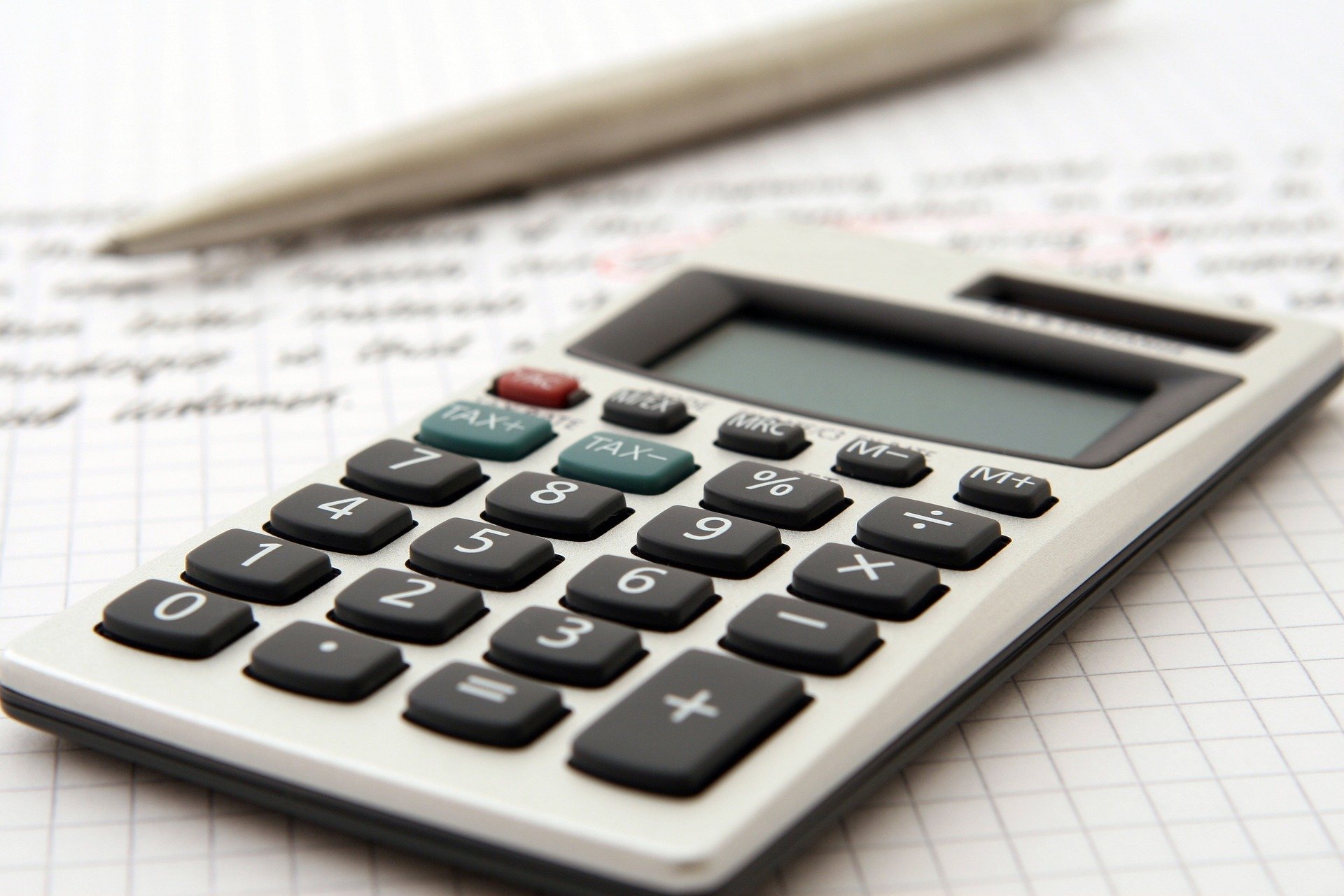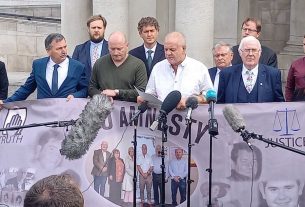The UK government is set to scrap sales tax on essential protective equipment as it seeks to help reduce the expenses of non-profit organisations such as care homes, charities, as well as businesses.
On Thursday, the Ministry of Finance said the sales tax cut would save more than 100 million pounds for those buying medical equipment such as face masks and surgical gloves amid the coronavirus outbreak.
The tax cut would take effect on Friday and would last for three months.
The plan came following weeks of calls from charities and unions to scrap sales tax.
Dave Prentis, general secretary for Unison, Britain’s largest trade union, said that the move would help ease the national emergency in social care.
Such items were previously slapped of 20% value-added tax which could not be reclaimed by healthcare providers.
Although the government, through the National Health Service, committed to providing hospitals with whatever funding they needed to combat the coronavirus outbreak, Britain’s healthcare system remained reliant on the private sector.
Reverend Alan Smith, the bishop of St. Albans, stressed the need for urgent assistance as the House of Lords debated online the challenges faced by charitable institutions and voluntary sector during the pandemic.
“At the very time when we need every charity in the country to be mobilised and deployed, many charities are teetering on a cliff edge,” the bishop said during the debate.
“Over the years, as the government has rightly raised standards in safeguarding and health and safety and training, charities have had to employ people to meet those requirements,” he said.
“And now, as fundraising activities and charity shops income has dried up, they are furloughing the very staff who are needed to oversee volunteers,” he added.
While the outbreak had prompted for an increase in demand for support services, it coincided with groups seeing a significant cut to their income amid the closure of charity shops and the cancellation of fund-raising events due to the lockdown.
The National Council for Voluntary Organisations has estimated that the overall sector may forego around £4 billion over 12 weeks as a result of the pandemic.
Apart from medical equipment, the finance ministry is also temporarily suspending tax impositions on digital publishing in a bid to boost online readership of newspapers and e-books during the coronavirus lockdown.
The ministry said newspapers would also receive up to 35 million pounds worth of additional government advertising revenue over the next three months as part of its coronavirus communications campaign.



